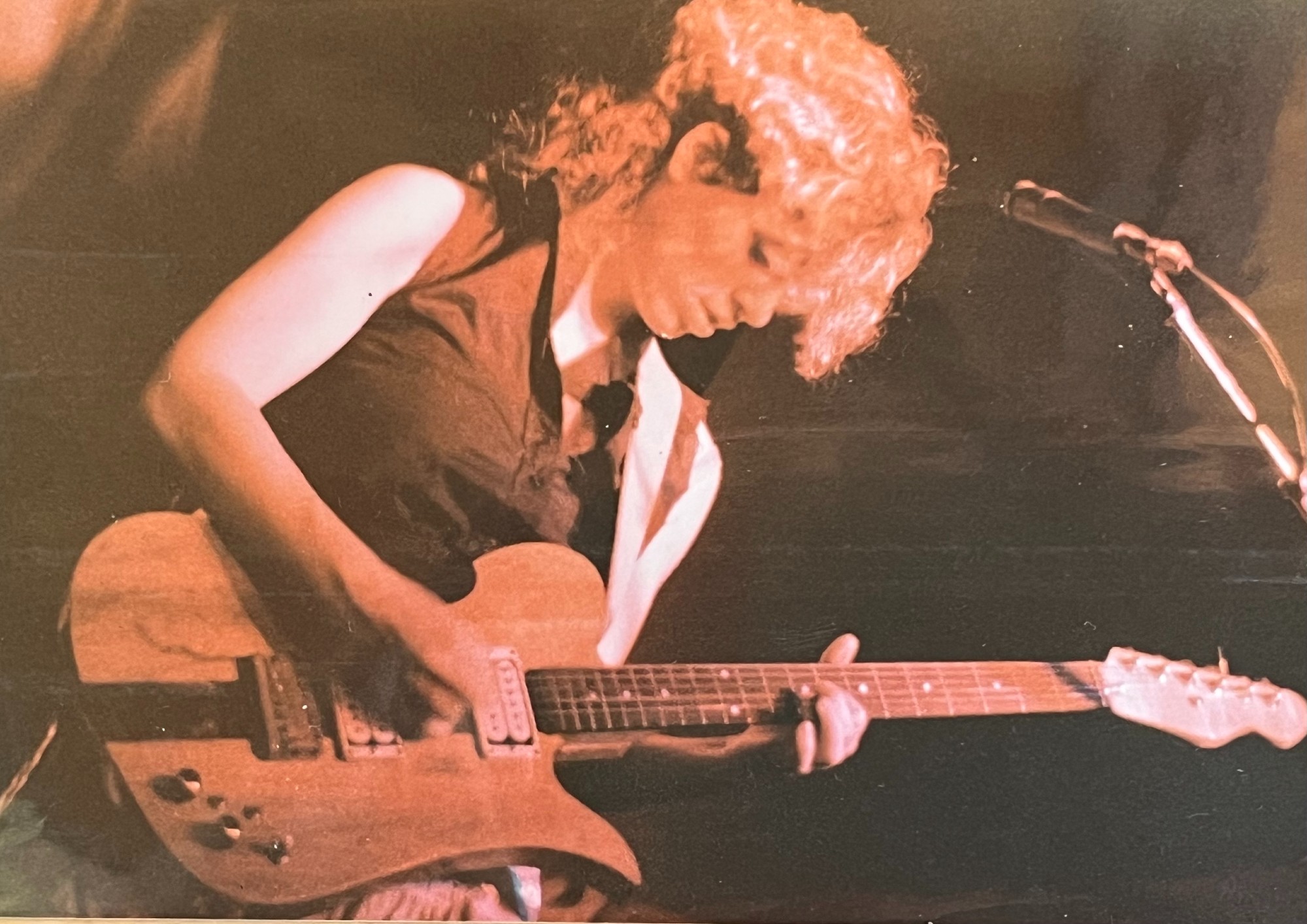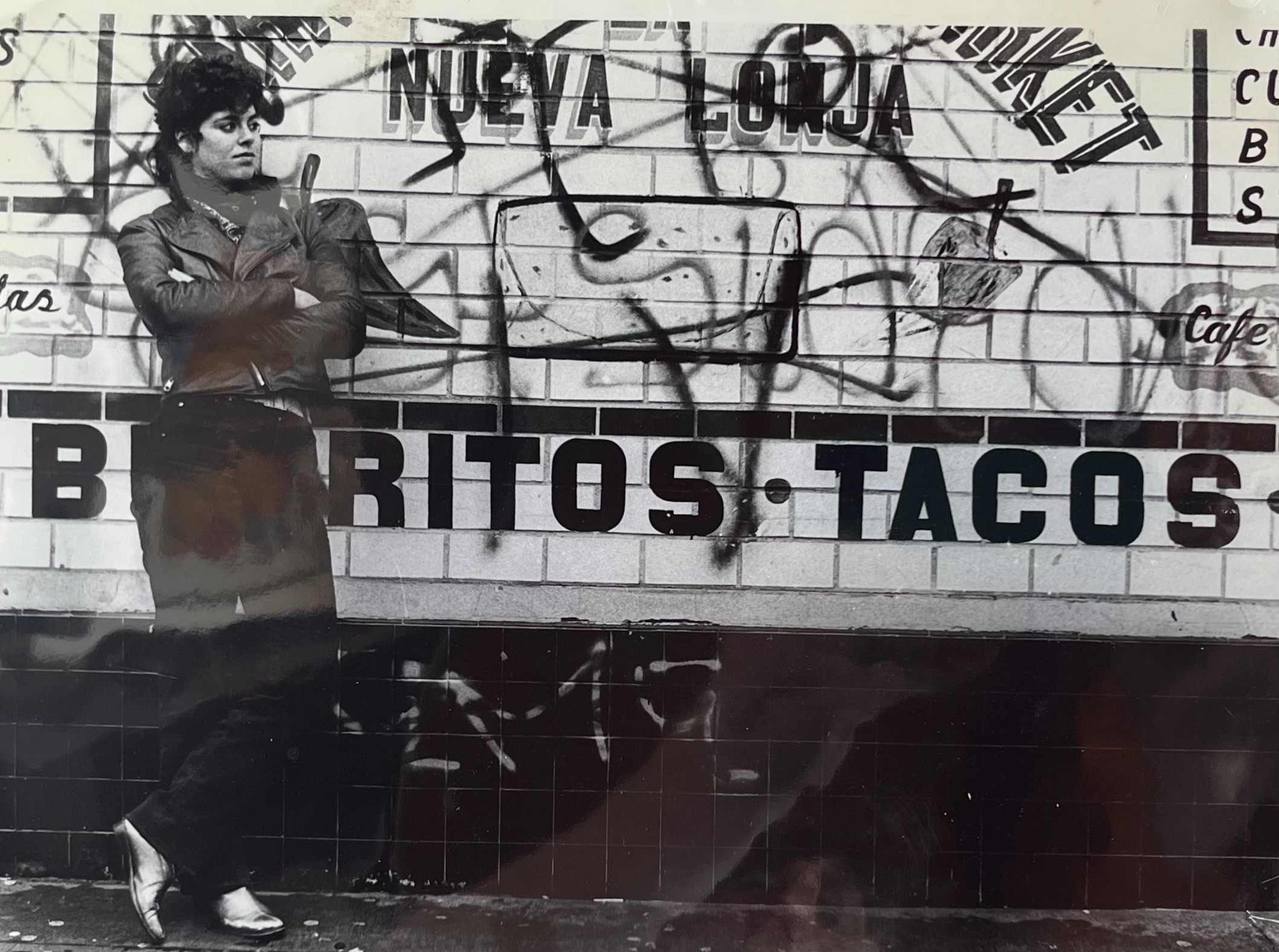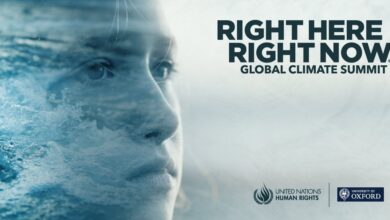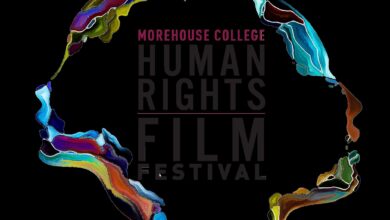Vox Populi: Anna Karney Interview on Human Rights
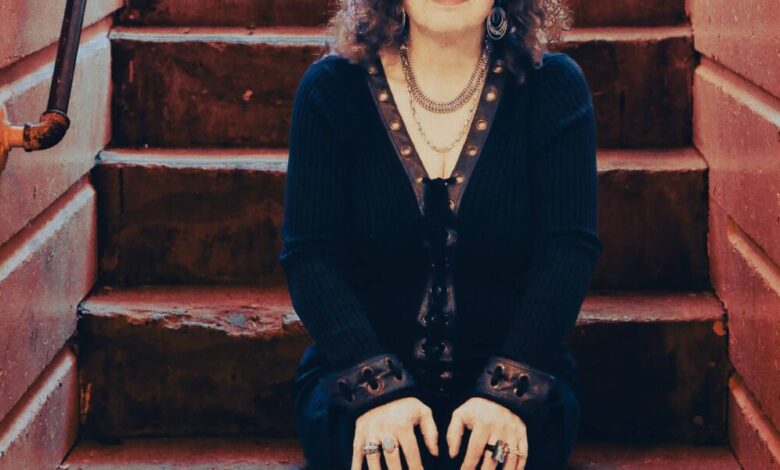
Article Views: 856
For Bay Area rock songstress Anna Karney, music has always been about more than just melodies and lyrics; it’s been about human rights. Throughout her storied career, Karney has used her voice to amplify social justice issues that impact all of us. Whether singing about world peace, climate change, or poverty, she sees these causes through one powerful lens: they’re all human rights issues.
On her new album, One True Song, released on July 18, 2025, Karney continues her mission of creating music with meaning. She blends soulful folk rock with her signature outspoken lyricism to call for a more just and compassionate world. You can read our interview with her below.
No matter what your political or ethical outlook, there are issues and topics that we are all passionate about. Some examples are climate change, human rights, poverty, military conflicts, prejudice, and economic disparity. With this in mind, what’s the issue or topic that you are most passionate about?
Karney: “I would put all the issues you list under the umbrella of ‘human rights’. So that is my choice. I am passionate about everything on your list because all issues affect all people, all animals, all plants and crops, and so much more.”
Why is this issue so important to you?
“Because everything on your list in the first question is about human rights. A healthy climate, world peace, equal rights, along with feeding, clothing, and housing the world, are all human rights. In the 21st century, we have all the tech and resources to improve all these things globally. The question now is a matter of choice. Do we actually want to improve life and human rights globally?”
When did you first get involved in this issue?
“I suppose I was raised to get involved. I grew up in San Francisco during the 1960s and 1970s; these two decades were pivotal times of awakening. My parents were intellectuals and artists, as were all their friends. Political conversation was at every dinner party, and they took me on peace marches, Civil Rights events, poetry readings and much more.”
Who has been the biggest inspiration in trying to deal with this issue?
“There have been many, but my thoughts at this time go to President Jimmy Carter and First Lady Rosalynn Carter. Not only did they set a wonderful example as kind and humane caring people, they also did the hands-on, hard work with Habitat for Humanity by building homes for folks. He pardoned the Vietnam draft evaders, in 1982, he established the Carter Center for human rights, earning him a Nobel Peace Prize in 2002. He went around the world to conduct peace negotiations, monitor elections and to help with the eradication of infectious diseases. If you have a chance, take a look at the extensive list of awards President Carter received for his lifetime of humanitarian work around the world. It is truly inspiring.”
If you could change one person’s mind, completely and irrevocably, in order to help solve the issue, who would it be? Why?
“Human rights encompasses all causes. It affects and is affected by all people. To improve Human Rights is a work of art by every hand; it requires hard work and a steadfast disposition to see it through. One person can make a tremendous difference, there are so many resources available to get involved. So many people already are, and if we all take action, big changes can happen.”
Do you think more or less government intervention is required to effect change on this issue? Which countries’ governments would have the most tangible impact if so? If not, what benefit will reduced government intervention have?
“It depends on the government. A government that wants to serve its people could be a help with things like SNAP to feed kids, and the seatbelt law to save lives. A government that wants to be in total control of its people could be destructive, like taking away funding to feed children and care for the elderly. It just depends on who is running things, and if leaders are interested in serving the people and the environment, or serving themselves.”
Which sources of news or information do you use to keep regularly updated on this topic?
“I read and listen to a few different sources, including NPR, local indie station KPOO, which has great local and national news. KPFA, BBC News, and local news sources, including KQED, and my district Supervisor’s newsletter. The Associated Press. Since I like listening to the radio on the FM dial, I get a lot of news there. Still free.”
Which sources of news or information do you distrust when it comes to this topic? Why?
“FOX News, because it is a private corporation and calls itself infotainment, not news. I am not sure about CNN, but it also being a private corp focuses almost exclusively on the latest headlines to build ratings and does not do much in-depth reporting, just lots of talking heads. Basically, if it is a for-profit source, one needs to be careful. Also, I do not take ANYTHING I read on social media seriously unless I have cross-checked it.”
If left unchecked, where do you see this issue heading in the years to come?
“We are already in a global crisis situation, whether we like it or not. And no amount of distractions or shiny objects will make it go away. There are several wars in motion, the climate crisis is continuing to get worse, and now the US and even some EU leaders are leaning away from dealing with it. The fact that abortion is once again illegal in parts of the US is a clear indicator that we are in a dark age. There is more concentrated wealth amongst just a few more than ever. Technology and industry have left a large swath of workers behind, and what is available pays so little that we are seeing poverty rise to Dickensian levels.”
Let’s do a thought experiment: If this issue and others like it can be resolved, what world do you envision? How does it work? What does it look like? How does it sustain itself? Why does it work?
“I am just a songwriter and a teacher, so I doubt I am qualified to answer this question with any expertise; this is all coming from my idealist mind. I think things could improve if humans could emotionally expand or evolve, so that the hoarding of massive amounts of wealth would no longer be practiced, and the desire for absolute power would no longer be attractive. People would be secure in their own religious or spiritual beliefs, and in their sexuality, and would allow others to practice theirs without judgement or comparisons. The idea of feeding the poor would be highly valued, while providing for decent-paying jobs and housing. Women would be respected to have complete autonomy over their own lives globally. Free and well funded K-12 education would be available globally. Free or very low-cost education at the university level would be available globally. I think John Lennon pretty much already said this all in his song Imagine.”
Source link

